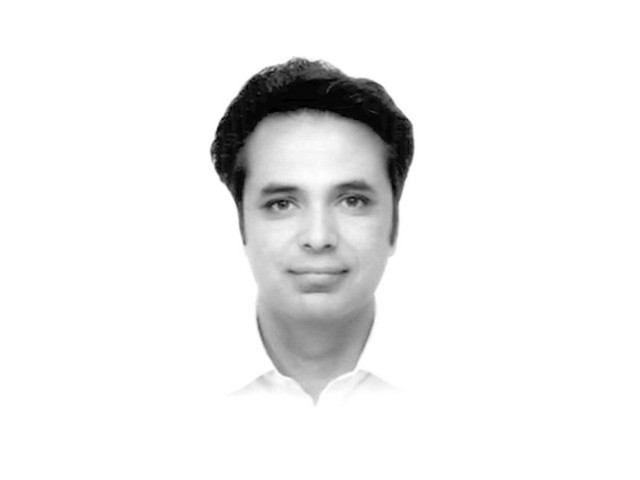Nasty, brutish and sometimes short
Life in Pakistan has become hazardous for journalists, there is too much to report on and too little protection.

The other hazard relates to the task of determining news priority. It is certainly preferable to getting mowed down or being blown away but it is still hugely problematic.
The first problem relates to big stories that pour like rain. In the midst of raging floods, match-fixing allegations have come to complicate news judgement. The media focus on whether the national team is indeed involved in the scam is intense. So intense that, for a while, it knocked out flood devastation from the front pages. Private channels studios, known for vibrant and noisy debates, are devoting more time to the cricket crisis than to the flood.
Further dividing the media’s attention is endless political speculation about the future of this doddering government, the tales of whose corruption and incompetence are now the stuff of legend and folklore. Every day questions are raised about a possible military takeover and the end of President Zardari’s political career.
A recent statement from Altaf Hussain that the generals should kick out corrupt leaders has unleashed a media storm. Overnight millions facing starvation became a minor concern. A few trite political words became news obsession.
And as if this was not bad enough, Khyber-Pakhtunkhwa is losing its tense calm to terrorism. Attacks in areas where the supposed closure of military campaign has happened is adding more stress and trouble to the media’s work in the field. Which story has to be given greater attention tests news selectors nerves every-day.
Some journalists chose the immediate and not the important news, because that is the done thing and because there is a public demand for this kind of a choice. Almost all media is based in big cities. The urban elite want juicy scandals and high political drama even if played by the same redundant cast. The urban marketing myth is that media persons who do not feed this powerful urban elite a variety of news lose popularity, ratings and revenue for their media outlets.
But even when journalists have gone through the difficult process of surviving in the field and selecting news stories for detailed focus, they face a national environment that is bitter and fragmented. These days quite literally one man’s honey has become the other’s poison. Vested interests want to hold news agendas hostage to their biases.
Sectarian mafias, urban terrorists, party workers, business tycoons, separatists, fashion models, social butter flies, flood victims, foreign donors, debtors, khakis and muftis — everyone wants media as a mouthpiece, and nothing more. Independent, objective critique and feedback, if unfavourable, is trashed as ‘yellow journalism’. The more thunderous among the thugs don’t mind teaching the errant ones an unforgettable lesson. This is why anyone with a gun maintains a hit-list of journalists. The less resourceful among them – those who do not have the capacity to kill, kidnap, burn, maim or thrash – have their hate-lists that they take out and trample upon at the sight of the slightest show of disagreement.
In this distressful scenario, the only thing going for the journalists is unnatural but inspiring public trust that, out of the lens of the camera and the nub of the pen, shall somehow flow the fountain of hope for this country. And just as unnaturally, for most of us, this is enough reason to keep striving harder, praying, as we prepare for the next assignment, for our fallen colleagues, and thinking that we could have been in their place.
Published in The Express Tribune, September 14th, 2010.















COMMENTS
Comments are moderated and generally will be posted if they are on-topic and not abusive.
For more information, please see our Comments FAQ